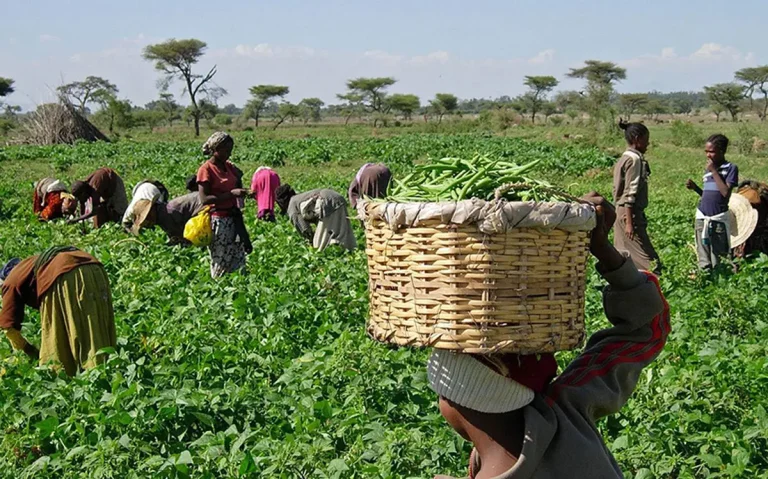Nigeria’s Minister of Agriculture and Food Security, Senator Abubakar Kyari, has said the country spends $10 billion every year to import agricultural products like wheat and fish.
Kyari shared this information during the 2025 Agric and Export Expo, organized by First Bank of Nigeria Ltd., on Tuesday in Lagos.
The minister expressed concern about the high level of food imports and said more funding is needed for agriculture to help Nigeria export more food.
Kyari was represented at the event by his Special Adviser, Mr. Ibrahim Alkali.
He emphasized that increasing investment in agriculture is key to boosting Nigeria’s income from food exports.
“Nigeria spends over \$10 billion each year on importing foods like wheat, rice, sugar, fish, and even tomato paste,” he said.
He also said agriculture already plays a big role in the economy, contributing 35% to the country’s GDP and providing jobs for 35% of the population.
“We have 85 million hectares of land and a young population—over 70% of Nigerians are under 30—but Nigeria still makes up less than 0.5% of global exports,” he explained.
Despite this, Nigeria earns less than \$400 million from exporting agricultural products. To reduce dependence on oil, the country must change how it finances agriculture.
He restated that President Tinubu’s government is committed to making Nigeria food-secure and less reliant on food imports.
“The President wants Nigeria to not only feed itself but to do so independently, without relying too much on food from other countries,” Kyari said.
He said food sovereignty means no Nigerian should go hungry because of problems in the global food supply. Communities should depend on their own land and people.
Kyari added that producing more food at home and supporting food exports must go hand-in-hand—they are part of the same goal.
“We have the land, the people, and the markets. What we lack is a strong system to finance agriculture, add value to our products, and build the right infrastructure,” he said.
He said Nigeria must move away from depending on oil and toward earning money through food exports. This includes improving how farmers get credit and encouraging youth to join the sector.
Finally, Kyari said Nigeria needs better strategies and smarter planning to improve food security.
“Nigeria can do better if we think critically and use better systems like performance-based financing, revenue sharing, and modern farming contracts. These methods already work in other countries,” he said.


